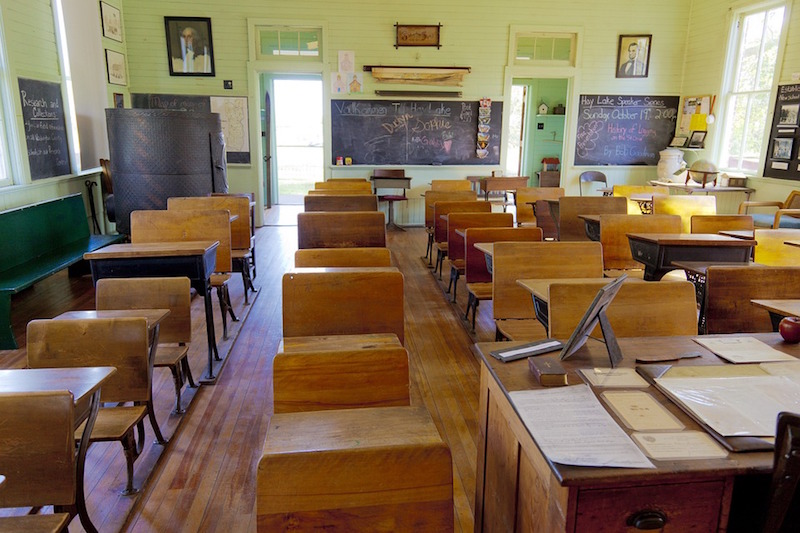The U.S. Department of Energy recently launched the zero energy schools accelerator, an effort to develop cost-competitive zero energy school design.
Six school districts, two states, and several national organizations are working collaboratively on the effort. DOE defines a zero energy building as “an energy-efficient building, where on a source energy basis, the actual delivered energy is less than or equal to the onsite renewable exported energy.”
The program’s goal is to quickly make Zero Energy K-12 schools more mainstream. Participating school districts commit to developing their own zero energy plans for a district project within a year. They can also engage with fellow states and school districts, and gain support from regional and national organizations.
Officials kicked off the program at a school in Arlington, Va., that features advanced next generation energy efficiency and renewable power features, including solar rooftop and geothermal heating and cooling systems. Zero Energy schools have the potential to save 65%-to-80% in energy consumption, depending on climate the zone, DoE says.
Related Stories
Codes and Standards | Oct 6, 2016
New York City files criminal charges on owner for deadly building façade accident
The owner allegedly did not heed warning about danger of the crumbling exterior.
Codes and Standards | Oct 5, 2016
New York becomes the first city to adopt a target for energy storage
Mayor de Blasio also announces increased solar generation goals
Codes and Standards | Oct 4, 2016
New global residential floor space measurement standard unveiled
The new standards will produce better transparency and are said to benefit investors.
Codes and Standards | Sep 29, 2016
Dept. of Energy forecasts big jump in LED use, resulting energy savings
Big gains are expected in both commercial and residential markets.
Codes and Standards | Sep 28, 2016
San Francisco commercial, multifamily regulations aim to reduce traffic volume
City planners will require design features to cut miles driven.
Codes and Standards | Sep 28, 2016
Society of Landscape Architects releases guide to resilient design
The goal is to retrofit communities to better withstand extreme weather events.
Codes and Standards | Sep 26, 2016
Washington State Energy Code updates include dedicated outdoor air system requirements
The updates will change design approach to HVAC.
Codes and Standards | Sep 22, 2016
Construction firms pulling back from federal market due to new reporting rules
‘Subjective, very vague’ policies are said to create too much risk.
Codes and Standards | Sep 21, 2016
Airbnb presents legal liability for multifamily owners
How building owners can reduce risks.
Codes and Standards | Sep 21, 2016
Healthy buildings becoming a key design priority for both architects and building owners
Nationwide survey finds nearly three of four architects cite health impacts influencing design decisions
















